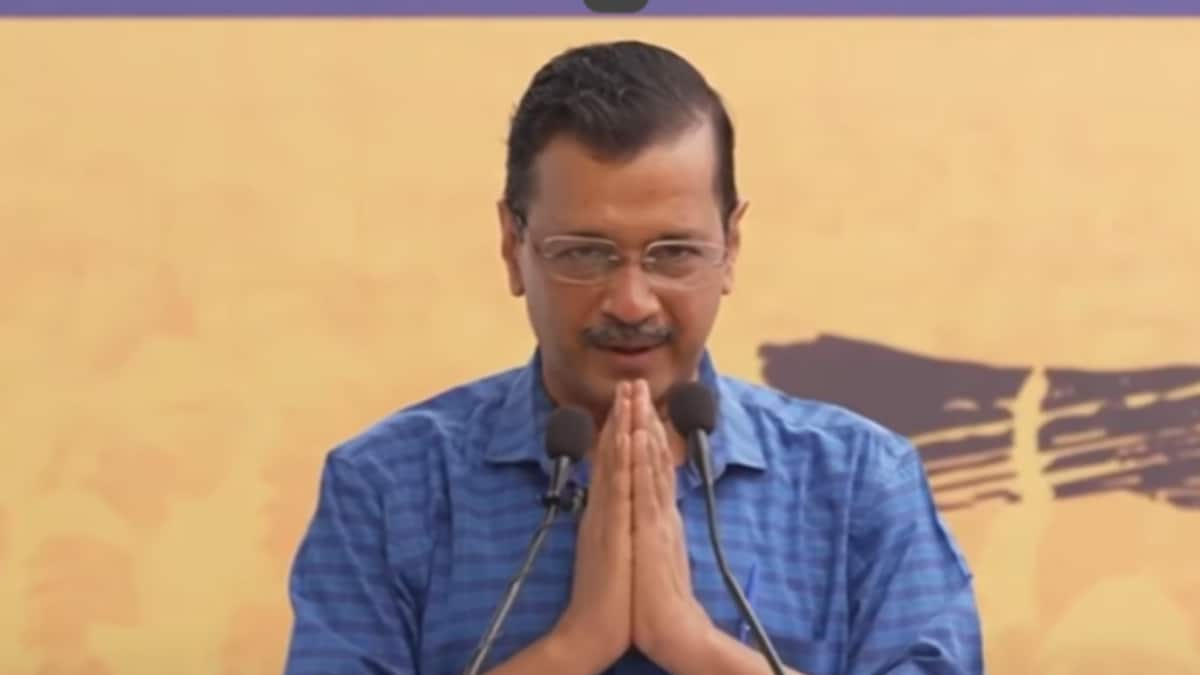Misuse of temporary employment contracts rampant, it says
NEW DELHI: The Supreme Court on Monday scathingly criticized the exploitation of workers through misuse of temporary employment contracts adversely affecting employees’ rights and job security and said the rise of gig economy typically characterized this phenomenon.
Referring to termination of sweepers, who have worked for two decades continuously despite being employed as temporary workers in Central Water Commission (CWC), a bench of Justices Vikram Nath and P B Varale said, “Courts must look beyond the surface labels and consider the realities of employment: continuous, long-term service, indispensable duties, and absence of any mala fide or illegalities in the appointments.”
Writing the judgment, Justice Nath said, “In that light, refusing regularization simply because their original terms did not explicitly state so, or because an outsourcing policy was belatedly introduced, would be contrary to principles of fairness and equity.”
The bench said the pervasive misuse of temporary employment contracts reflects a broader systemic issue that adversely impacts workers’ rights and job security. “In the private sector, the rise of the gig economy has led to an increase in precarious employment arrangements, often characterized by lack of benefits, job security, and fair treatment.”
The SC said the temporary employment practice is being implemented to exploit workers and undermine labour standards set by the laws. “Government institutions, entrusted with upholding the principles of fairness and justice, bear an even greater responsibility to avoid such exploitative employment practices,” it said.
“When public sector entities engage in misuse of temporary contracts, it not only mirrors the detrimental trends observed in the gig economy but also sets a concerning precedent that can erode public trust in governmental operations,” the bench said.
Justice Nath referred to the consistent advocacy of the International Labour Organisation, of which India is a founding member, for employment stability and their fair treatment of workers. Interestingly, the SC itself employs hundreds of workers outsourced to a labour agency for menial works.
The SC said, “While the foundational purpose of temporary contracts may have been to address short-term or seasonal needs, they have increasingly become a mechanism to evade long term obligations owed to employees.”
Saying that it is imperative for government organisations to lead by example in providing fair and stable employment, the bench of Justices Nath and Varale quashed the termination orders of the sweepers and ordered them to be employed with back wages.





